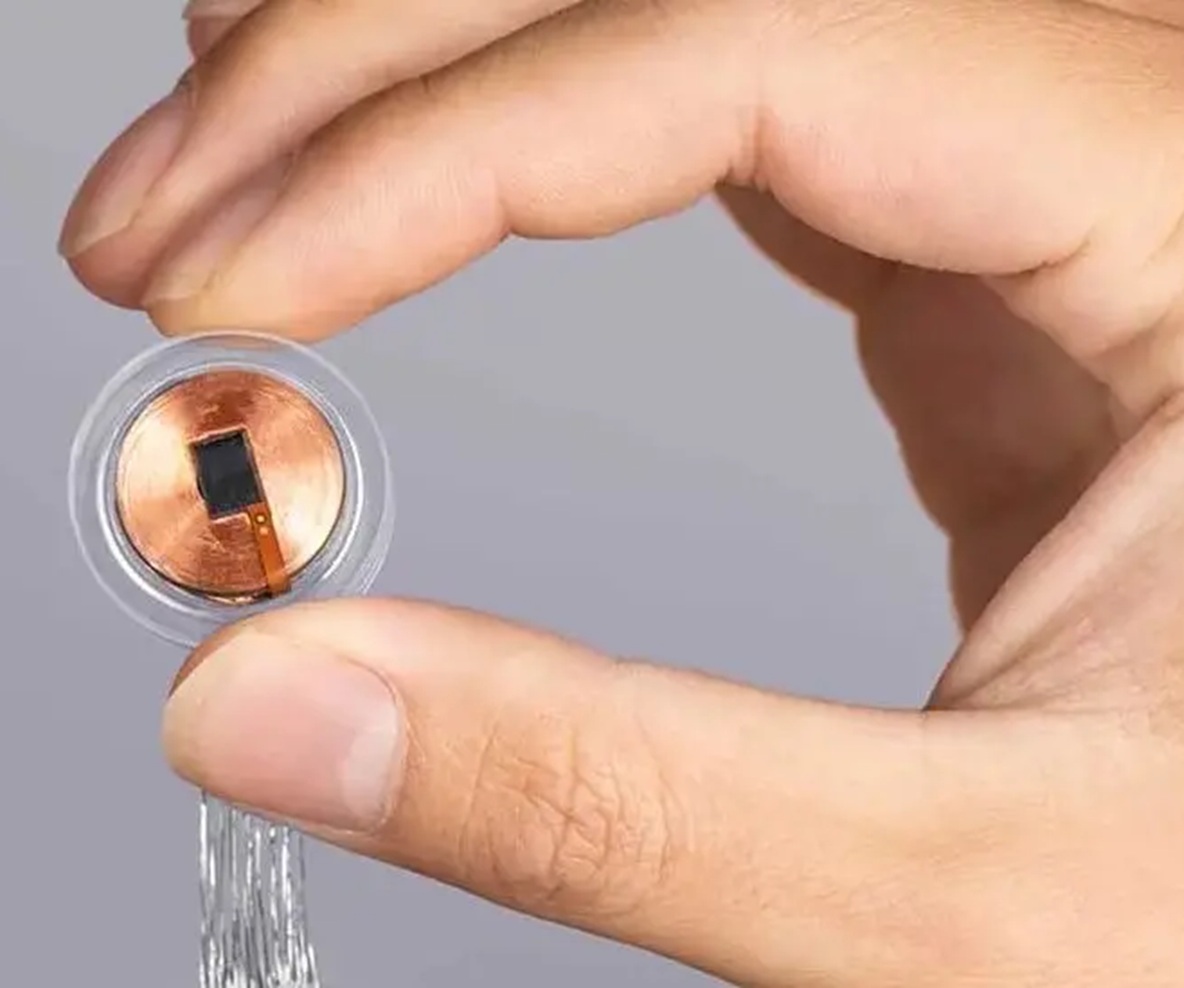Science
Neuralink Initiates Human Trials for Thought-to-Text Technology

Elon Musk’s company, Neuralink, is set to launch a clinical trial for its pioneering brain implant technology in the United States this October. This initiative aims to test the device’s thought-to-text capabilities, which could significantly benefit individuals with speech impairments. The trial marks a crucial step in developing advanced communication methods for those unable to speak.
Neuralink’s brain implant is designed to decode brain signals and translate them into text. According to the company, the technology has the potential to revolutionize how people with disabilities interact with the world. This advancement could provide a new means of communication, transforming the lives of countless individuals who struggle with traditional speech methods.
Details of the Clinical Trial
The upcoming trial will involve a select group of participants who will undergo the procedure to receive the brain implant. Neuralink has stated that the trial’s primary goal is to evaluate the device’s safety and efficacy. Participants will be monitored closely as they engage with the technology in real-world scenarios, allowing researchers to gather valuable data on its performance.
The company, founded in 2016, has been at the forefront of neurotechnology innovation. Neuralink’s brain implant uses ultra-thin electrodes to connect with neurons in the brain, creating a direct interface between the brain and external devices. This technology could not only assist those with speech impairments but also open new avenues for individuals with various neurological conditions.
Implications for the Future
If successful, Neuralink’s technology could usher in a new era of assistive communication. The potential applications are vast, ranging from enabling individuals with paralysis to communicate more effectively to assisting those with cognitive impairments. As the trial progresses, the implications of this technology could extend beyond communication, impacting fields such as education, healthcare, and even entertainment.
While Neuralink’s ambitious goals have attracted both excitement and skepticism, the clinical trial will provide crucial insights into the viability of the thought-to-text technology. As Elon Musk continues to push the boundaries of what is possible, the world will closely watch the outcomes of this groundbreaking initiative.
The trial underscores the growing interest and investment in neurotechnology, a field that promises to bridge the gap between human cognition and machine interfaces. Neuralink’s efforts may not only change the lives of individuals with speech impairments but could also redefine human-computer interaction in the years to come.
-

 Technology5 months ago
Technology5 months agoDiscover the Top 10 Calorie Counting Apps of 2025
-

 Technology2 weeks ago
Technology2 weeks agoOpenAI to Implement Age Verification for ChatGPT by December 2025
-

 Health3 months ago
Health3 months agoBella Hadid Shares Health Update After Treatment for Lyme Disease
-

 Health3 months ago
Health3 months agoAnalysts Project Stronger Growth for Apple’s iPhone 17 Lineup
-

 Health3 months ago
Health3 months agoErin Bates Shares Recovery Update Following Sepsis Complications
-

 Technology5 months ago
Technology5 months agoDiscover How to Reverse Image Search Using ChatGPT Effortlessly
-

 Technology3 months ago
Technology3 months agoElectric Moto Influencer Surronster Arrested in Tijuana
-

 Technology2 months ago
Technology2 months agoDiscover 2025’s Top GPUs for Exceptional 4K Gaming Performance
-

 Technology5 months ago
Technology5 months agoMeta Initiates $60B AI Data Center Expansion, Starting in Ohio
-

 Technology5 months ago
Technology5 months agoRecovering a Suspended TikTok Account: A Step-by-Step Guide
-

 Health5 months ago
Health5 months agoTested: Rab Firewall Mountain Jacket Survives Harsh Conditions
-

 Lifestyle5 months ago
Lifestyle5 months agoBelton Family Reunites After Daughter Survives Hill Country Floods





















